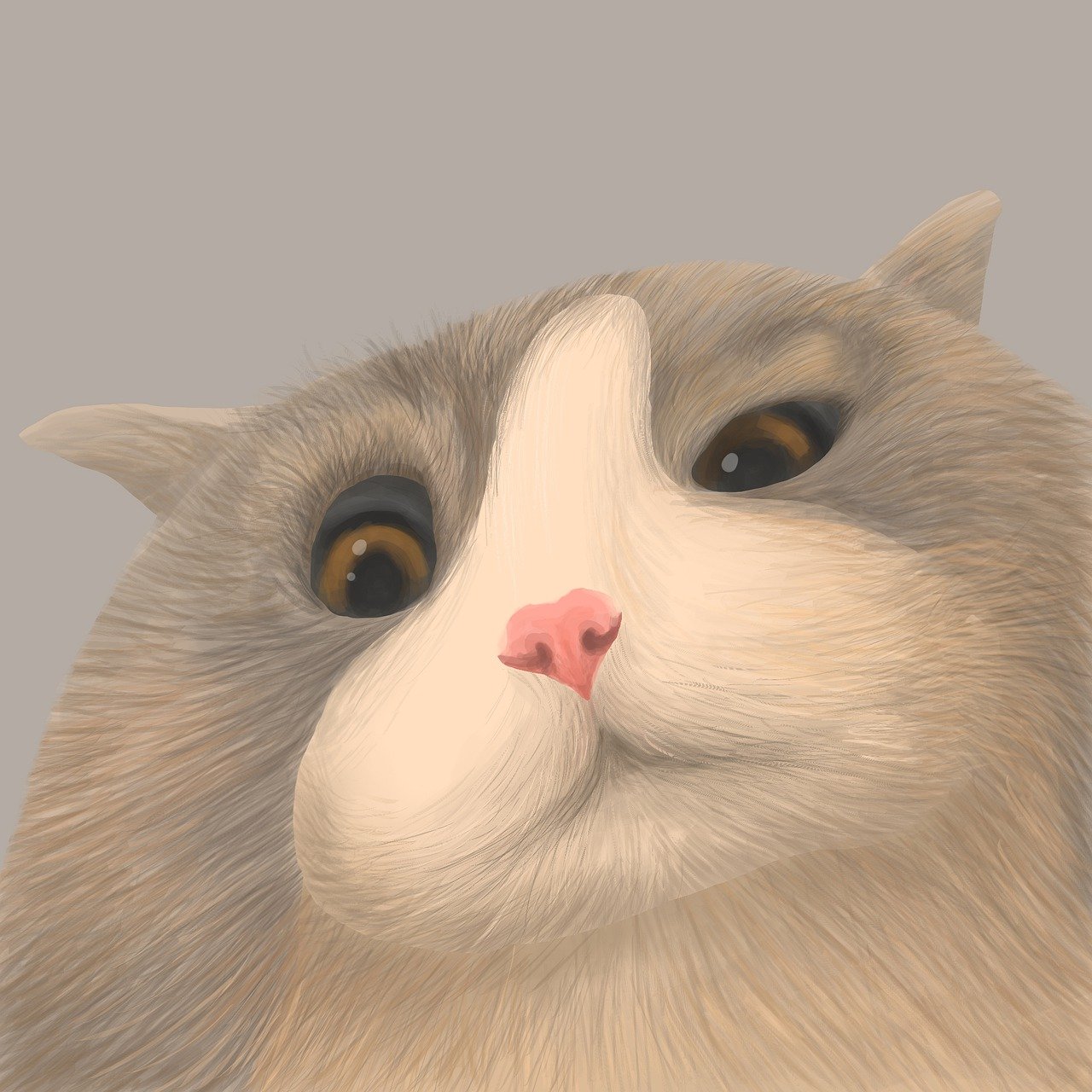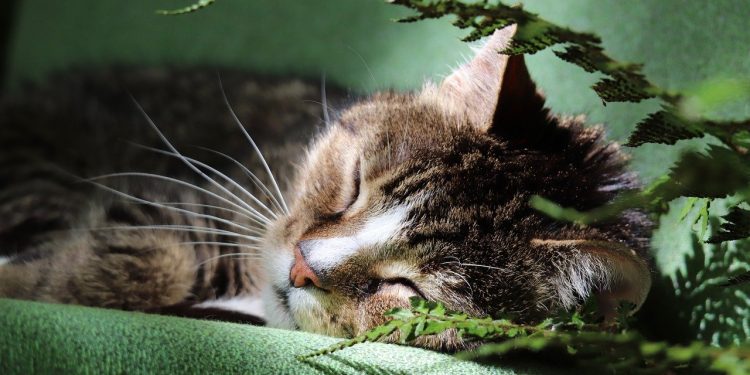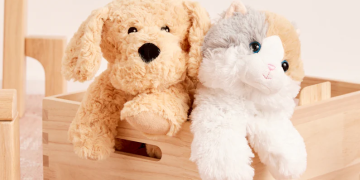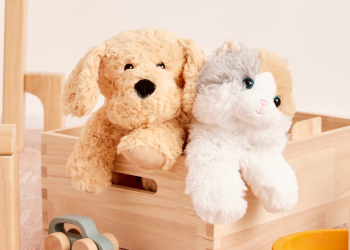Anxiety in pets is a common issue that can arise from various causes, including unfamiliar environments, separation from their owners, or past traumatic experiences. Just like humans, pets experience stress, and it’s our responsibility as pet owners to help them feel safe and secure. Understanding the signs of anxiety and implementing strategies to calm your pet can significantly improve their quality of life. Here’s an in-depth guide to calming an anxious pet.
Recognizing Anxiety in Pets
Common Signs of Anxiety
Pets express anxiety in different ways, depending on their species and personality. Look for these signs:
- Dogs:
- Excessive barking or whining
- Pacing or restlessness
- Destructive behavior, such as chewing or digging
- Shaking, drooling, or panting
- Cats:
- Hiding or withdrawing from interaction
- Excessive grooming or scratching
- Aggression or vocalization
- Inappropriate urination or defecation
Triggers for Anxiety
Understanding the root cause of your pet’s anxiety is crucial for managing it effectively. Common triggers include:
- Loud noises (thunderstorms, fireworks)
- Separation from their owner
- Changes in environment or routine
- Encounters with unfamiliar people or animals
- Past abuse or neglect
Creating a Calm Environment
Safe Spaces
Providing a designated safe space can help your pet feel secure:
- Set up a quiet, comfortable area with their favorite toys, blankets, and bedding.
- Ensure the space is free from loud noises and disruptions.
- Use a crate if your pet finds it comforting, but never force them into it.
Soothing Sounds
Sound therapy can have a calming effect:
- Play soft, calming music designed for pets.
- Use white noise machines to mask stressful sounds like fireworks or traffic.
- Speak to your pet in a calm, reassuring tone.
Lighting and Scents
Adjusting the environment can make a significant difference:
- Dim the lights to create a relaxing atmosphere.
- Use pet-safe essential oils like lavender or chamomile in a diffuser, but ensure good ventilation.
Behavioral Strategies
Positive Reinforcement
Rewarding calm behavior encourages your pet to relax:
- Give treats, praise, or affection when they display calm behavior.
- Avoid reinforcing anxious behavior by staying calm yourself.
Gradual Desensitization
Help your pet adjust to their triggers through controlled exposure:
- For noise anxiety, play recordings of the trigger sound at a low volume and gradually increase it over time.
- Reward your pet for remaining calm during the exposure.
Counterconditioning
Teach your pet to associate their triggers with positive experiences:
- Offer treats or playtime when they encounter a stressful situation.
- Over time, they may begin to associate the trigger with positive outcomes instead of fear.
Physical and Mental Stimulation
Daily Exercise
Regular exercise helps reduce anxiety by releasing pent-up energy:
- Take your dog for walks, runs, or play sessions.
- Provide interactive toys for cats, such as feather wands or laser pointers.
Mental Enrichment
Keeping your pet mentally stimulated can prevent boredom and anxiety:
- Use puzzle toys or treat-dispensing games.
- Rotate toys regularly to maintain their interest.
- Practice training sessions to build confidence and focus.
Calming Products
Pheromone Diffusers
Synthetic pheromone products mimic natural calming signals:
- Use diffusers or sprays designed for dogs or cats to reduce anxiety.
- Place them in areas where your pet spends the most time.
Anxiety Wraps
Body wraps or vests provide gentle pressure that can soothe anxious pets:
- Products like the ThunderShirt are effective for many dogs and some cats.
- Ensure the wrap fits snugly but comfortably.
Natural Remedies
Consult your veterinarian before using natural remedies:
- CBD Oil: May help reduce anxiety in some pets.
- Herbal Supplements: Chamomile, valerian root, or passionflower can be beneficial.
- Bach Flower Remedies: Rescue Remedy is a popular choice for calming pets.
Professional Help
Behaviorists and Trainers
For severe anxiety, consult a certified animal behaviorist or trainer:
- They can develop a personalized plan to address your pet’s specific issues.
- Training methods often focus on desensitization and counterconditioning.
Veterinary Intervention
In some cases, anxiety may require medical management:
- Your vet may recommend anti-anxiety medications or supplements.
- These can be used short-term during stressful events or long-term for chronic anxiety.
Handling Specific Anxiety Triggers
Separation Anxiety
- Create a Routine: Stick to a consistent schedule for feeding, walks, and playtime.
- Practice Short Absences: Gradually increase the time you spend away from your pet.
- Avoid Big Exits and Entrances: Keep departures and arrivals low-key to reduce stress.
Noise Phobias
- Prepare in Advance: Use soundproofing or white noise to block out loud sounds.
- Distract Your Pet: Offer treats or toys during noisy events.
- Consider Medication: For severe noise phobias, consult your vet for calming medications.
Travel Anxiety
- Familiarize Your Pet: Introduce them to their carrier or car gradually.
- Comfort Items: Bring their favorite blanket or toy for reassurance.
- Limit Food Before Travel: To reduce the risk of nausea.
Monitoring Progress
Keep a Journal
Track your pet’s behavior to identify patterns and triggers:
- Note the circumstances surrounding anxious episodes.
- Record the effectiveness of various strategies.
Be Patient
Managing anxiety takes time and consistency. Celebrate small victories and continue working toward long-term solutions.
Understanding and addressing your pet’s anxiety is an ongoing process that requires patience, empathy, and the right tools. By creating a calming environment, providing mental and physical stimulation, and seeking professional guidance when necessary, you can help your pet feel secure and lead a happier, more relaxed life.













